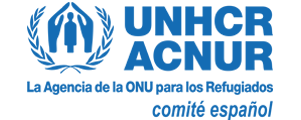
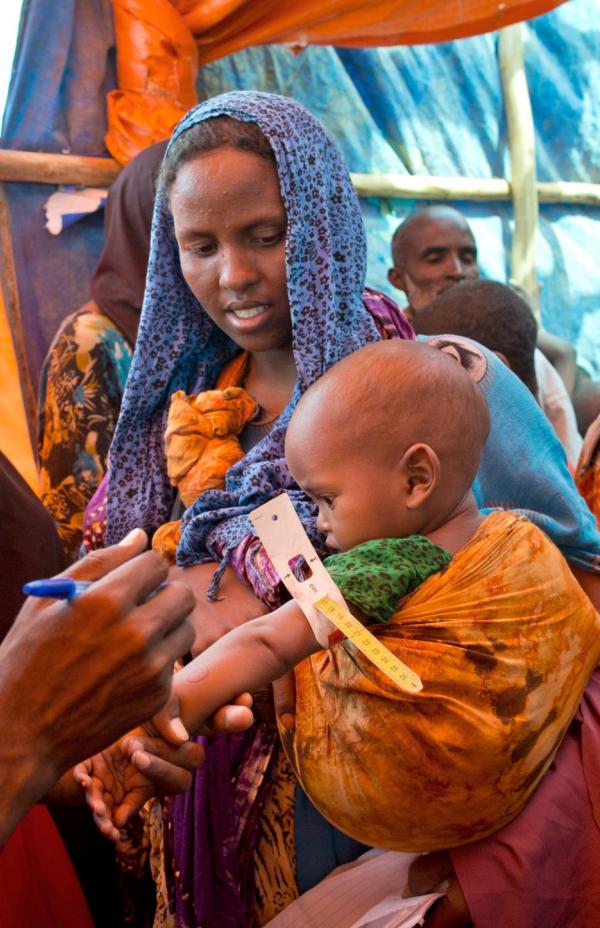
MOM Project

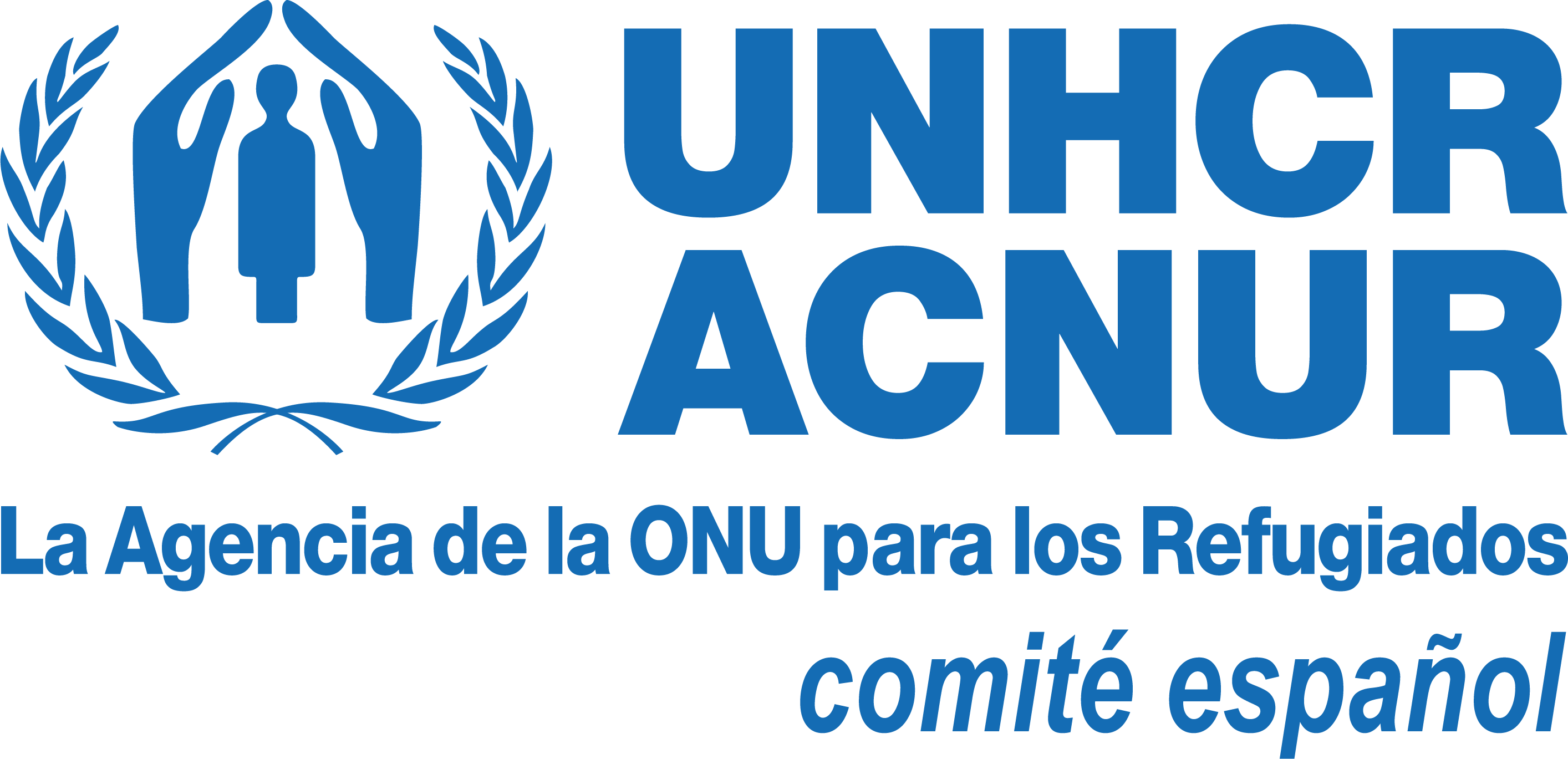
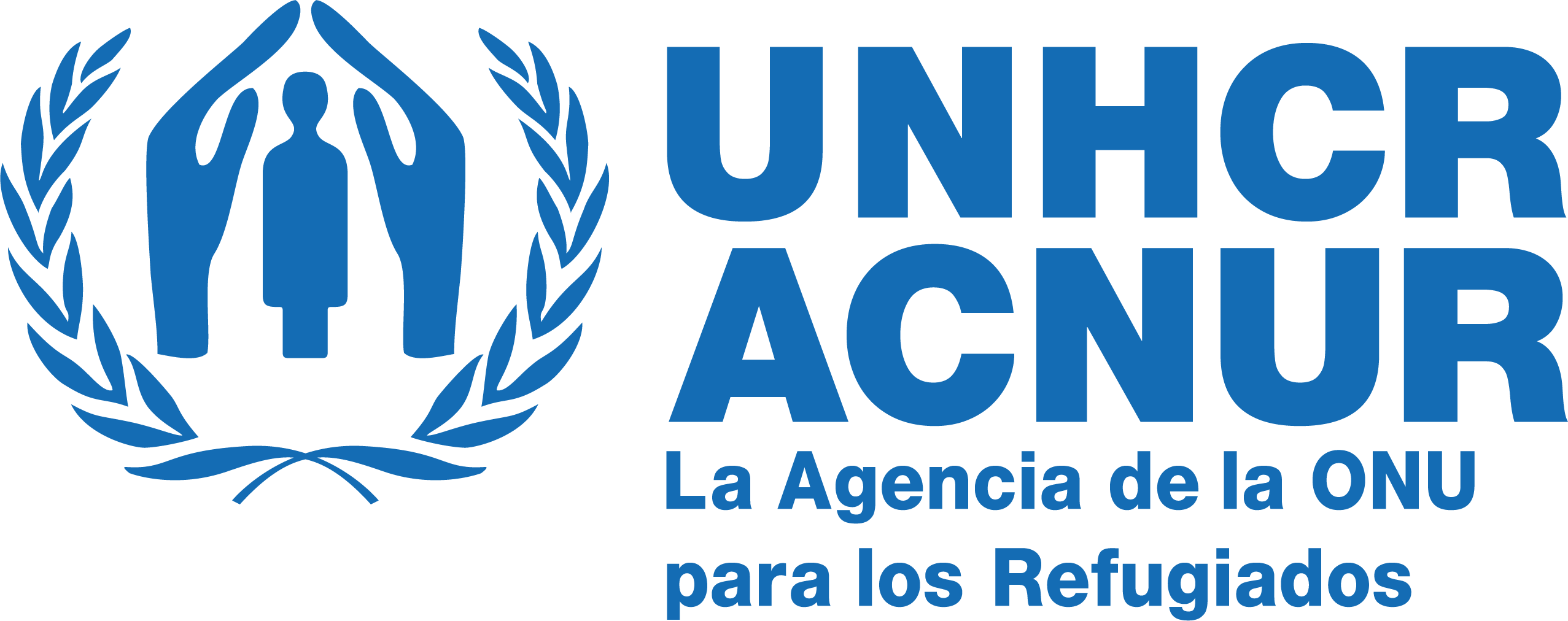
Would you like to support this project?
Make a donation and help to improve the nutrition and health of children living in refugee camps in Ethiopia.
Improvement of the nutritional conditions of children, pregnant and nursing women refugees in Ethiopia
The MOM Project works to reduce infant mortality and to improve the nutritional situation of children under 5 and their mothers, by improving the prevention, diagnosis and treatment of malnutrition in a total of 21 camps, 12 of which are in the Gambella and Melkadida-Doll Ado regions.
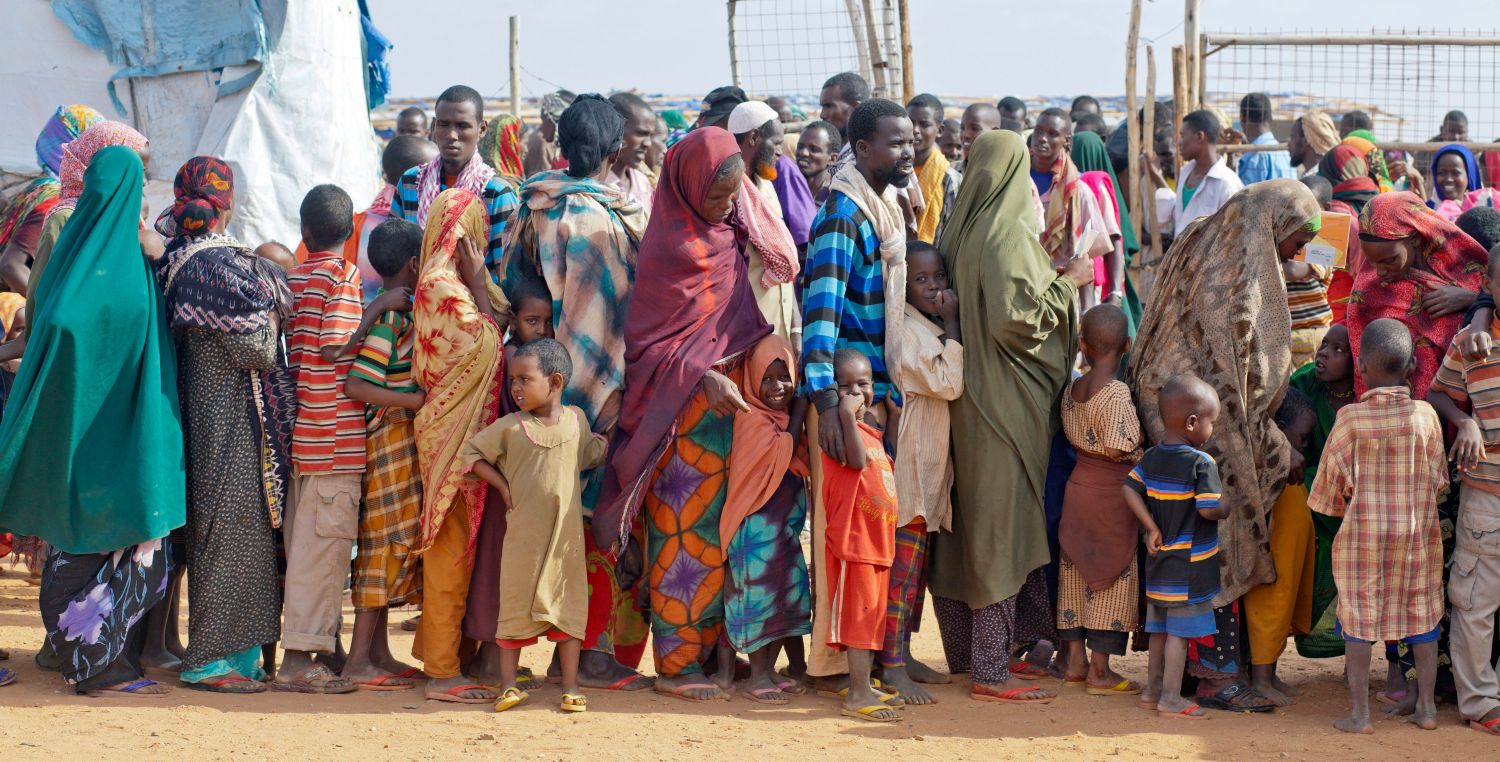 Photo: ©ACNUR / J. Ose
Photo: ©ACNUR / J. Ose
Why this project?
The refugee population in Ethiopia has been growing steadily in recent years, with an increase of 56,105 refugees in the last year alone, reaching 880,056* people. Most of these people are women and children from South Sudan, Somalia, Eritrea or Sudan.
UNHCR prioritizes its intervention in Gambella and Melkadida-Dollo Ado, the regions hosting the majority of the refugee population in Ethiopia, which also are the least developed areas in the country. Recently, the emergency and insecurity situation throughout the country, food ration cuts, new arrivals of refugees from South Sudan and Somalia, and rising inflation, among other factors, have caused the malnutrition situation to generally worsen across the country.
* As of December 31, 2022
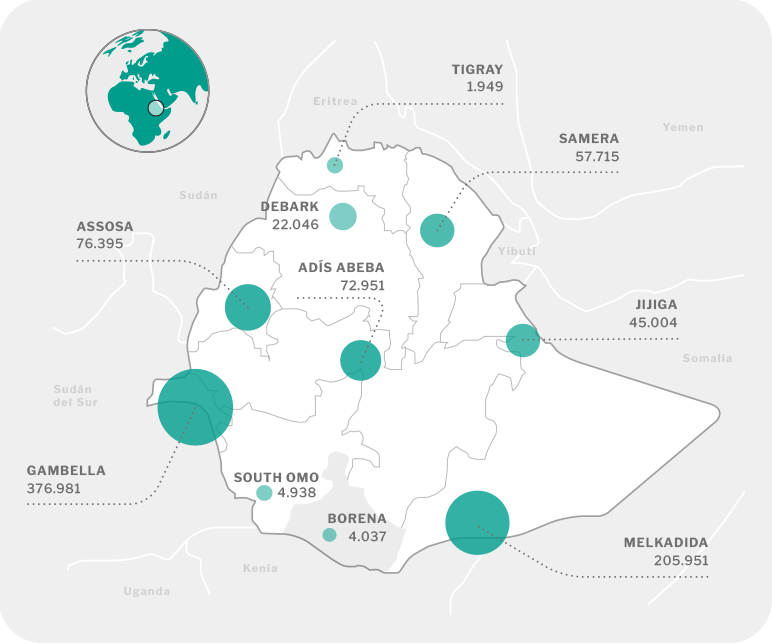
6 YEARS OF IMPACT
In 2016, the nutritional situation in the Ethiopia refugee camps was troubling. Throughout the almost six years of implementation of the MOM Project (2017-2022), lessons learned have been constantly incorporated, and attempts have been made to continue improving the nutritional situation in both regions.
In 2022: 277.348 people benefited from this project.
- Of which girls and boys under 5: 173,878
- Of which pregnant and nursing women: 27.445
"Awareness campaigns about the importance of breastfeeding have changed my life. I didn't even intend to breastfeed my son exclusively. Now I explain to other mothers in the camp that, if their child is sick, the first thing they should do is breastfeed them from zero to six months".
Dahab Abdi Ahmed 34-year-old Somali refugee and mother of seven children. She is one of the leading mothers of the nutrition programs financed by the “la Caixa” Foundation in the Melkadida refugee camp.
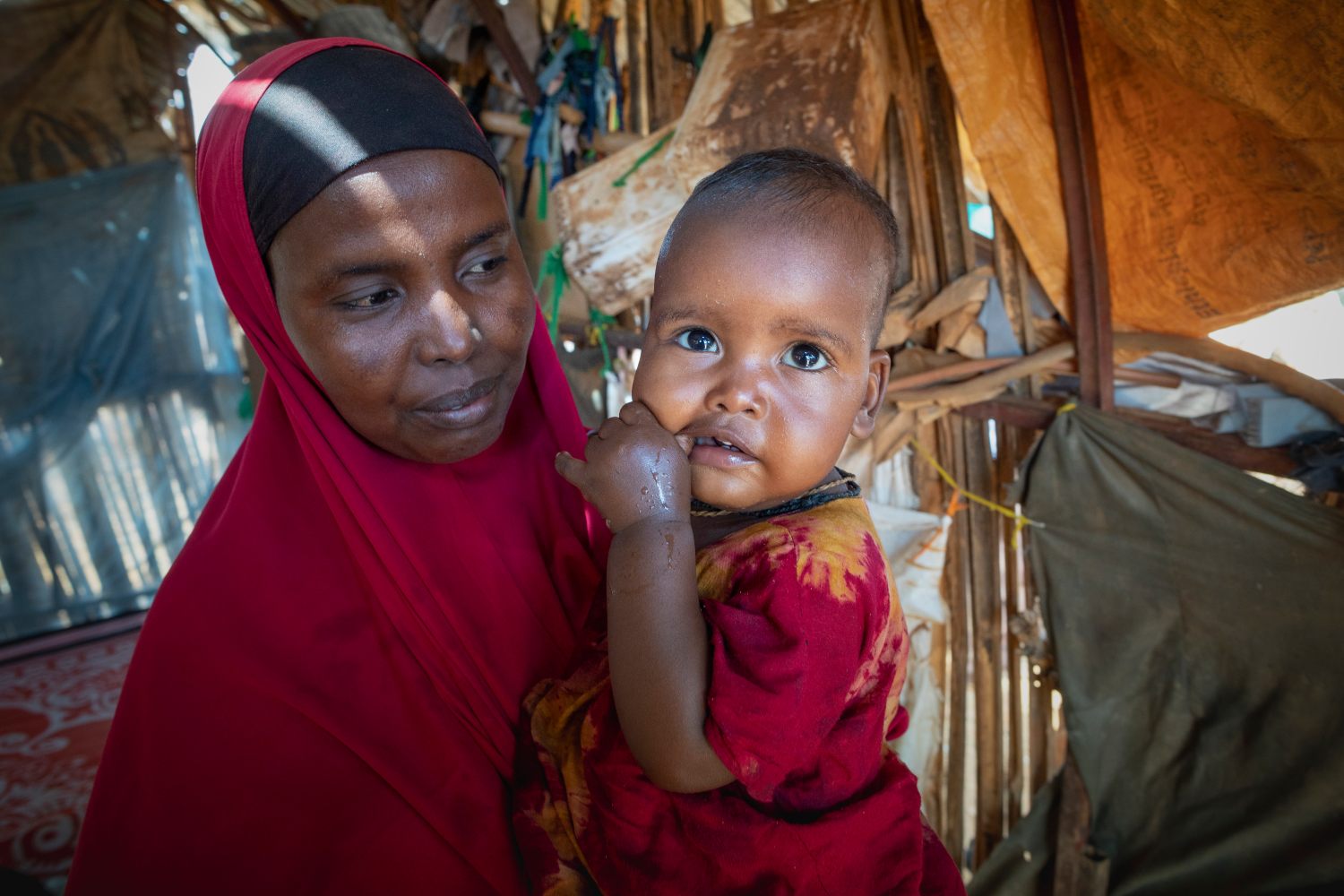 Dahabo Abdi Ahmed, Somali refugee and her son.
Dahabo Abdi Ahmed, Somali refugee and her son.
Important activities
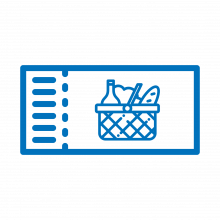
Coupons for the purchase of fresh foods
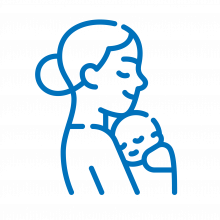
Mother and Father groups
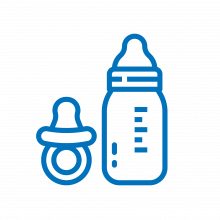
Community awareness campaigns
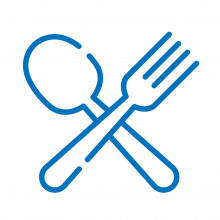
Cooking workshops
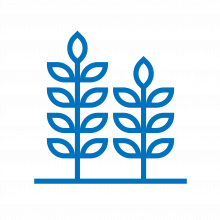
Home gardening.
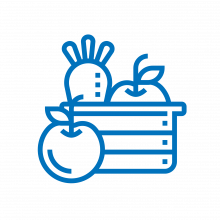
Nutritional centers: prevention and treatment
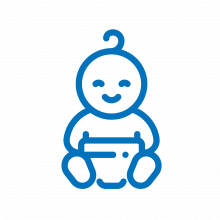
Baby-friendly spaces
Visibility and knowledge generation
Poverty, food insecurity, climate change, conflict and displacement are increasingly interconnected and mutually reinforcing, leading more and more people to flee their homes in search of safety and protection.
The UNHCR Spanish Committee and ”La Caixa” Foundation want to go deeper into this reality and for this reason organised, the round table “Climate Change, a threat to food security and nutrition” on January 23 at CaixaForum Madrid. Andrew Harper, UNHCR Special Advisor on Climate Action, Fernando Valladares, CSIC researcher and associate professor at the Rey Juan Carlos University, and Anne Bush, Technical Associate at the Emergency Nutrition Network, took part in the event, which was moderated by Francisco Rey (founding member and co-director of the Institute for Conflict Studies and Humanitarian Action).
Networking
International Medical Corps (IMC), GOAL, Action Against Hunger (AAH)
+ UN: UNICEF, World Food Program (WFP)
+ Ethiopian Government:: Refugee and Returnees Service (RRS) y Regional Health Bureaus (RHB)
